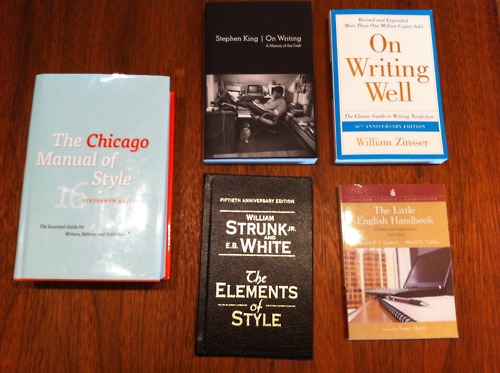I recently made a massive simplifying change to my RSS System following my experience while on, and after returning, from vacation. I’ve covered my system many other places before, but to summarize, I had things organized into a series of folders that helped me know what the read and what to ignore when things got busy.
Coming back after a long while away I found I had so much to “catch up” on. Even the little number indicating unread items in my a-list, must read, folder seemed daunting. I knew there had to be a better and simpler way. So I put some thought into it.
Things I read regularly fall into two categories, really…
Important – These are things I read and consistently derive a lot of value from. Whether that be personal value because I love the writer or am endlessly curious about the subject or actual value because it helps in my endeavors that produce income (writing for instance).
Unimportant – Anything that does not fit into the above.
Therefore, I have ditched my multiple folder based system for only two. On the busy days, or if I ignore my RSS for an extended period of time like a vacation or digital sabbatical, I know I can mark as read on the Unimportant folder and walk away knowing I likely have not missed, well, anything important.
Astute readers may already see the obvious conceit in this. If it’s not important, why read it at all? Well, that’s a great question. Let me try to explain…
For a while, I’m actually going to track how often and frequently I do mark as read on the unimportant things. I’m also going to see if I actually do derive value from some of the things in there. Everything, in either folder, will be under constant scrutiny as to which folder it belongs. I have already moved a couple of things from one to the other since making this change a couple of nights ago.
Then, after a while, I will know that what is in the Important folder really is and will unsubscribe from everything in the Unimportant folder. Yep. Gone.
Any new subscriptions will be added only under the criteria set for what is important. Which I welcome, of course. The goal here is to increase signal and reduce noise. If there is something I should be reading regularly that I’m not, I really do want to know about it. That said, I’m going to be very picky.
So, there you have it. Yet another crazy experiment by a guy with more questions than answers.
